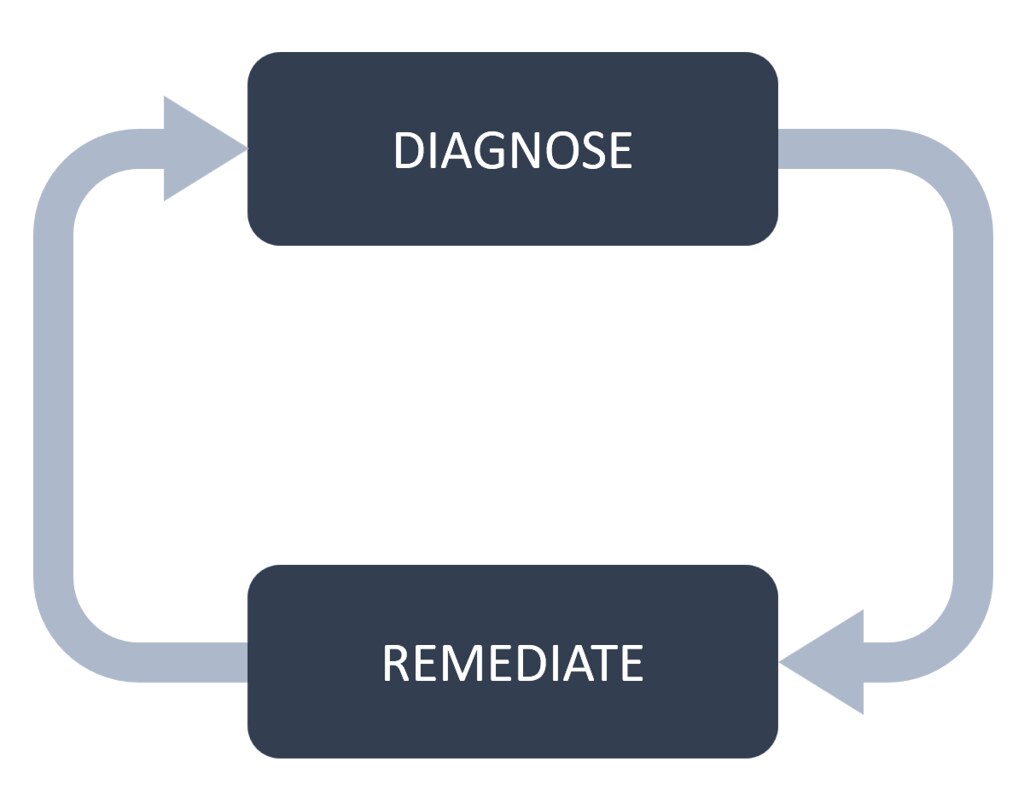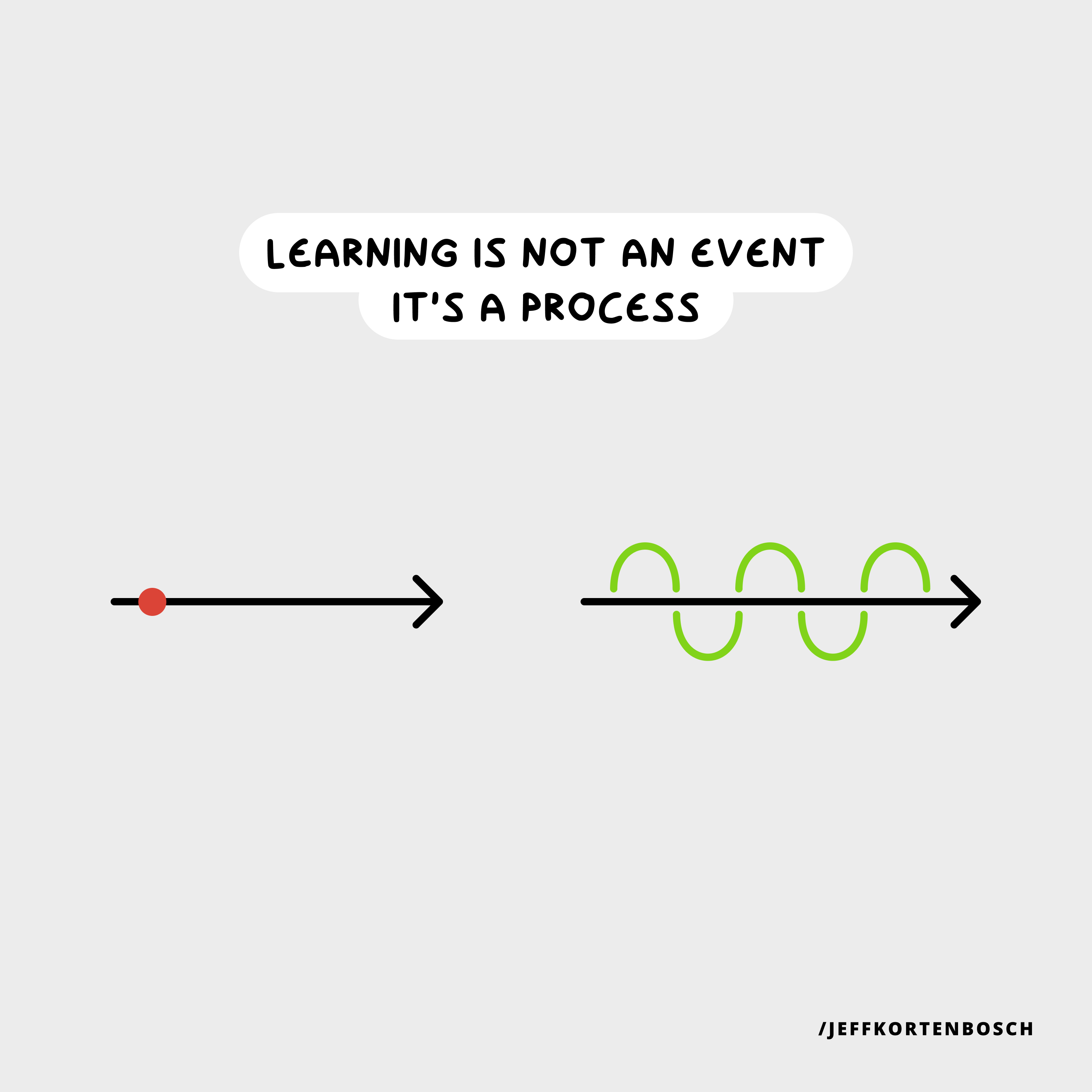Approaching perfection – E-Learning Provocateur
[ad_1]
I’ve never understood the rationale of the 80% pass mark.
Which 20% of our work are we prepared to do wrongly?
It might explain the universally poor state of CX that companies are evidently willing to wear, but it’s arguably more serious when we consider the acronym-laden topics that are typically rolled out via e-learning, such as OHS and CTF. Which 20% of safety are we willing to risk? Which 20% of terrorism are we willing to fund?
There has to be a better way.
I’ve previously contended that an assessment first philosophy renders the concept of a pass mark obsolete, but went on to state that such a radical idea is a story for another day. Well my friends, that day has arrived.
Recursive feedback
Back in 2016, the University of Illinois’ excellent mooc e-Learning Ecologies: Innovative Approaches to Teaching and Learning for the Digital Age piqued my interest in the affordance of “recursive feedback” – defined by the instructor as rapid and repeatable cycles of feedback or formative assessment, designed to continually diagnose and remediate knowledge gaps.
I propose we adopt a similar approach in the corporate sector. Drop the arbitrary pass mark, while still recording the score and completion status in the LMS. But don’t stop there. Follow it up with cycles of targeted intervention to close the gaps, coupled with re-assessment to refresh the employee’s capability profile.
Depending on the domain, our people may never reach a score of 100%. Or if they do, they might not maintain it over time. After all, we’re human.
However the recursive approach isn’t about achieving perfection. It’s about continuous improvement approaching perfection.
Way of working
While the mooc instructor’s notion of recursive feedback aligns to formative assessment, my proposal aligns it to summative assessment. And that’s OK. His primary focus is on learning. Mine is on performance. We occupy two sides of the same coin.
To push the contrarianism even further, I’m also comfortable with the large-scale distribution of an e-learning module. However, where such an approach has notoriously been treated as a tick & flick, I consider it a phase in a longer term strategy.
Post-remediation efforts, I see no sense in retaking the e-learning module. Rather, a micro-assessment approach promotes operational efficiency – not to mention employee sanity – without sacrificing pedagogical effectiveness.
In this way, recursive feedback becomes a way of working.
And the L&D department’s “big bang” initiatives can be saved for the needs that demand them.
[ad_2]
Source link


